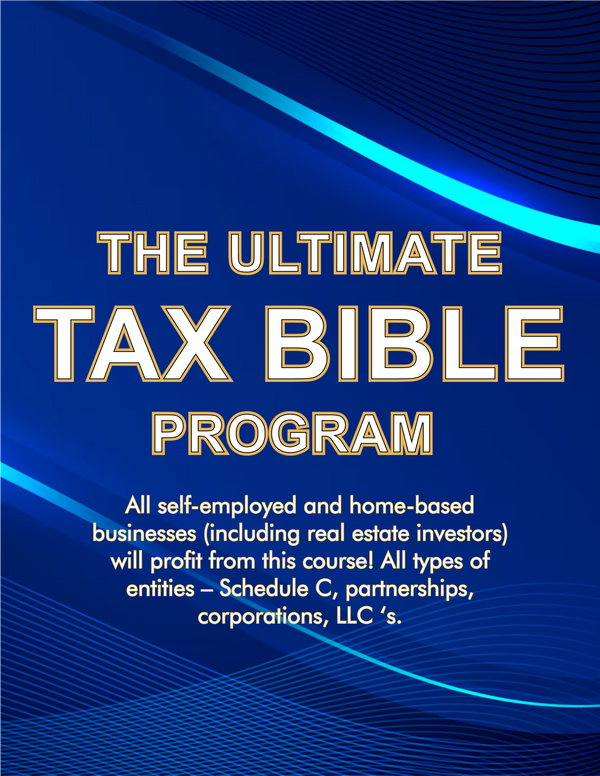Real Estate Investors: Unlocking Wealth with Smart Tax Strategies
Real Estate Investors: Unlocking Wealth with Smart Tax Strategies
Blog Article
Real estate investing is one of the most powerful ways to build long-term wealth. Whether you're acquiring rental properties, flipping houses, or investing in commercial real estate, smart financial planning is essential. One of the most overlooked aspects of successful investing is tax strategy. By using legal tax-saving techniques and asset protection strategies, real estate investors can maximize profits while minimizing tax liabilities and risks.

The Power of Tax-Saving Strategies
Many real estate investors focus on acquiring properties and generating rental income but fail to optimize their tax situation. The right tax strategies can help investors legally reduce their tax burden and protect their assets from unnecessary exposure. Some of the most effective methods include:
- LLC Structuring for Tax Efficiency: Setting up a Limited Liability Company (LLC) can offer significant tax advantages. Investors can use a single LLC for multiple properties while maintaining legal protections and minimizing administrative costs.
- Depreciation Benefits: The IRS allows real estate investors to depreciate rental properties over time, reducing taxable income and increasing cash flow.
- Equity Stripping for Asset Protection: By strategically structuring loans against properties, investors can minimize equity exposure and protect assets from lawsuits or creditor claims.
- 1031 Exchanges: This powerful tax-deferral strategy allows investors to reinvest proceeds from property sales into new properties without paying capital gains tax.
- Maximizing Home Office Deductions: Real estate investors who manage their properties from home can deduct expenses related to their home office, further reducing taxable income.
Why Real Estate Investors Need Asset Protection
Beyond tax savings, protecting assets is a crucial consideration for real estate investors. Without proper planning, lawsuits, audits, and financial risks can threaten an investor’s portfolio. Some of the best asset protection techniques include:
- Using Multiple LLCs or Series LLCs: This approach limits liability by keeping different properties under separate entities.
- Creating Land Trusts: Holding property in a land trust can provide privacy and protect against legal claims.
- Maintaining Proper Insurance Coverage: Investors should have comprehensive liability insurance and umbrella policies to safeguard their investments.
- Separating Business and Personal Finances: Keeping personal and business accounts separate ensures financial protection and simplifies tax reporting.
Avoiding IRS Audits: Best Practices for Investors
The IRS closely monitors real estate investors, making it essential to follow best practices to avoid unnecessary audits. Key steps include:
- Keeping accurate records of all income and expenses
- Using professional tax software or hiring a CPA specializing in real estate taxation
- Ensuring all deductions, including depreciation and home office expenses, are well-documented
- Filing returns on time and reporting all rental income correctly
Leverage Expert Resources for Maximum Success
For real estate investors looking to take their tax strategies to the next level, Information Services Unlimited offers a comprehensive collection of expert resources. From "Premier LLC E-Book" to "Equity Stripping Excel E-Book," these tools provide essential guidance for optimizing tax benefits and protecting assets.
By implementing smart tax-saving strategies and asset protection techniques, real estate investors can maximize profitability, safeguard their investments, and build lasting wealth. Report this page